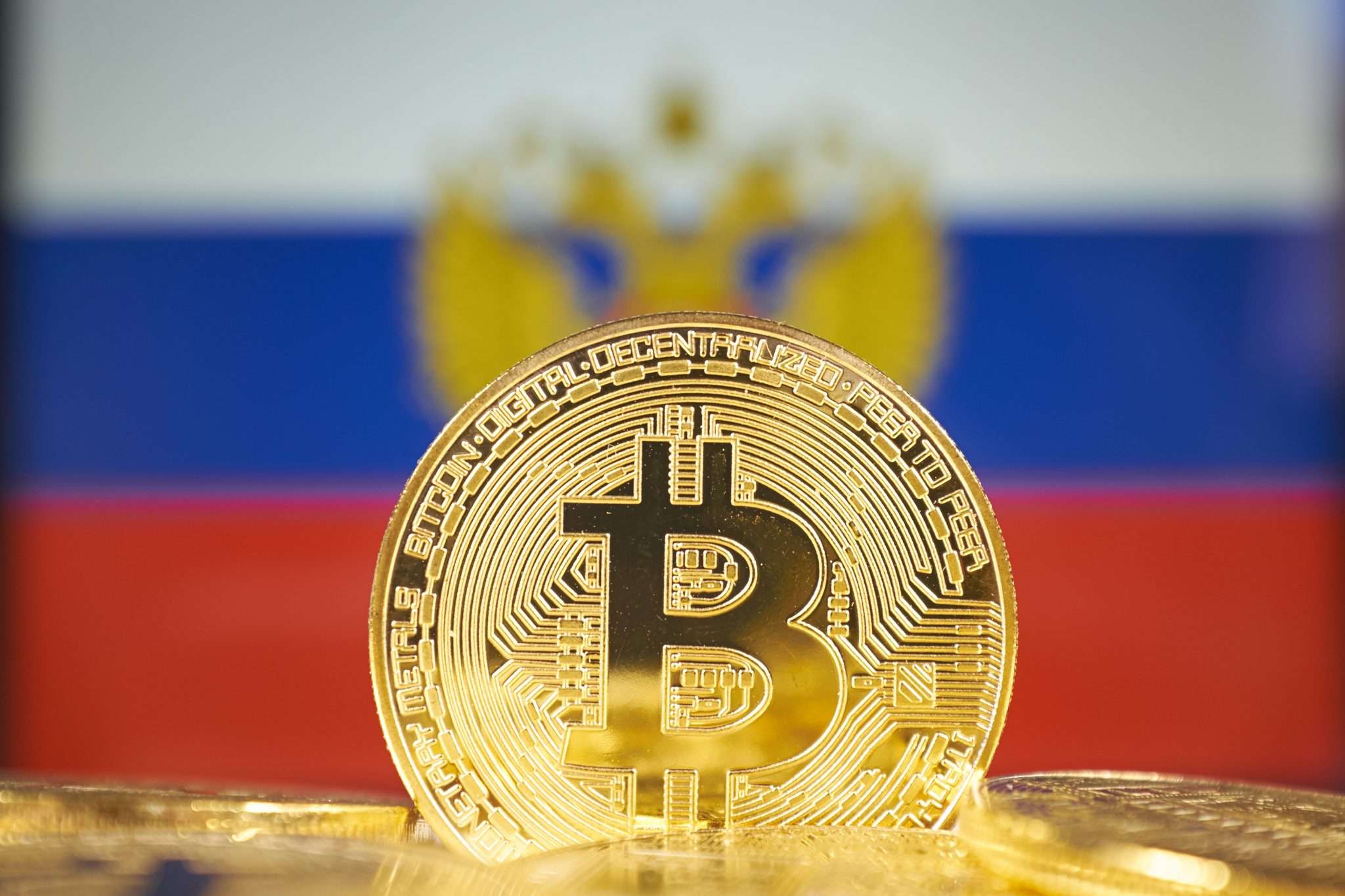- Russia bans crypto mining in occupied Ukraine regions to tackle energy shortages during fall and winter.
- The new law enforces stricter control on mining, allowing only registered entities and imposing regional restrictions.
Russia is tightening its rules on crypto mining after Deputy Prime Minister Alexander Novak recently declared a ban on areas under Russian occupation of Ukraine. This choice is part of a strategy to help minimize the projected energy shortages in the winter, according to Protos.
The prohibition covers six areas of the North Caucasus in Russia, where mining will be totally forbidden and other areas will be subject to partial restrictions all through the fall and winter. These steps seek to maintain supplies of electricity for home and basic needs under higher demand.
Six territories in Russia’s North Caucasus region will also face a flat-out ban on crypto mining activities until 2031 pic.twitter.com/yzb35dpBdq
— Protos (@Protos) November 20, 2024
Strengthening Control Over Energy-Intensive Crypto Mining
The action corresponds with increased worries about the large energy consumption connected to crypto mining. The government especially worries about the burden local electricity systems bear, which, if left unbridled, might cause extensive blackouts.
Supporting these limits, Russia’s Ministry of Energy emphasizes the need to give energy access top priority for areas experiencing critical energy limits and for basic services. Officials contend that mining operations disproportionately burden areas with limited resources and cause everyday disturbances by often using subsidized electricity.
Further strengthening control over mining activities, a more all-encompassing framework for bitcoin governance has lately been adopted. Beginning this November, the newly passed legislation by President Vladimir Putin aims at both unlicensed and illegal mining operations.
This legislation is meant to solve long-standing problems such as the unchecked expansion of mining activities consuming enormous energy and also conform with international criteria to reduce illegal financial activities.
The government wants to establish a more ordered environment by concentrating on registered entities, therefore lowering the possibility of exploitation and raising openness.
Previously, CNF reported that Russia’s new law enforced tighter control over crypto mining, allowing only registered firms to mine and imposing region-specific limits. These steps are a component of a larger plan to closely monitor crypto mining in order to stop its use for terrorism financing and money laundering.






















